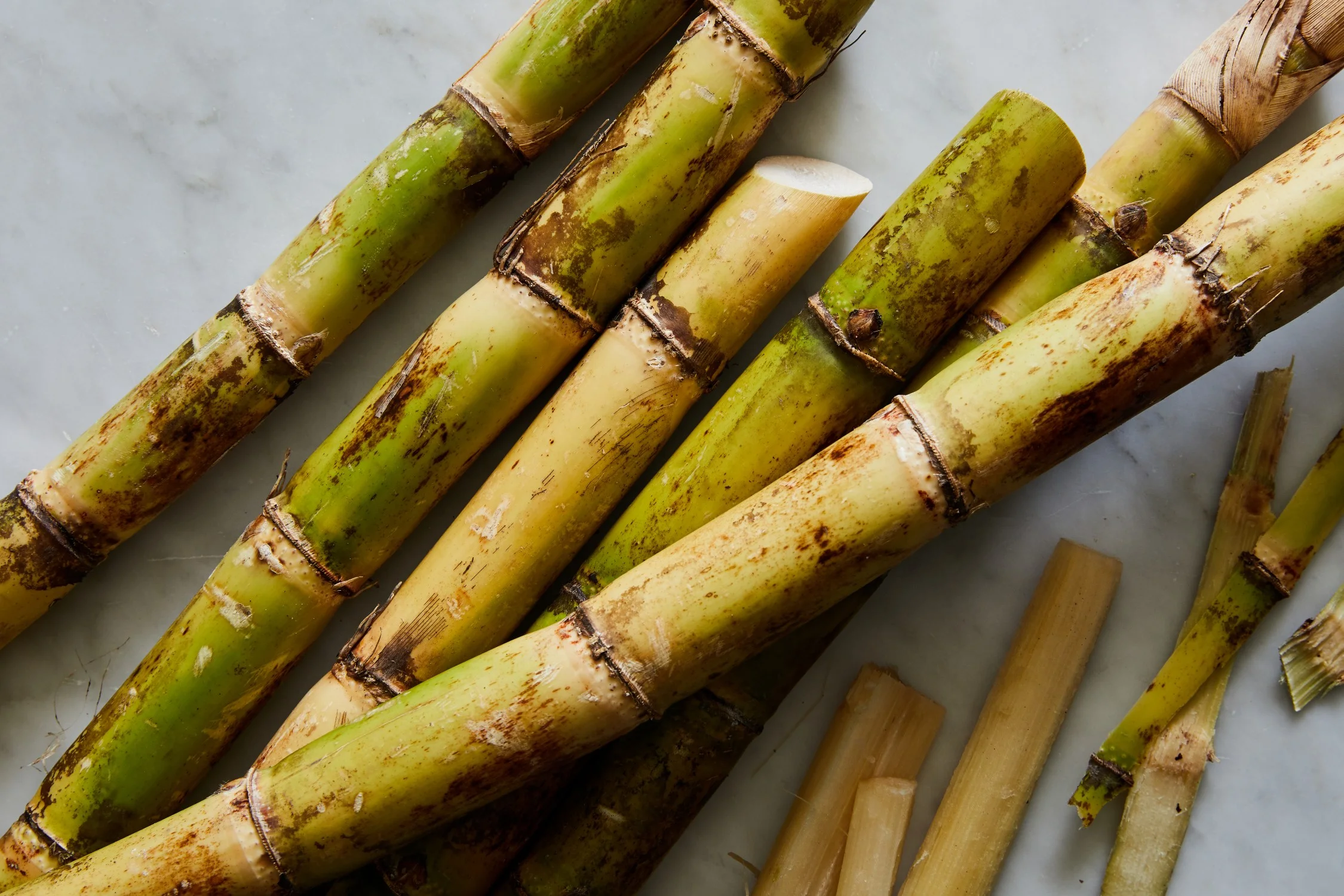MULTAN, May 28 (ABC):Farmers can move beyond existing low of 500-600 Maunds per acre average sugarcane yield by slightly modifying agronomic practices and better care.
Sugarcane is Pakistan’s important cash crop that involved countless people in earning activity from farm to industry and market chain, says a release issued by agriculture department here Saturday.
There is no dearth of growers enough witty and gutsy to touch 1000 to 1500 Maunds per acre but ordinary farmers seemed reluctant to move out of their old mode of practice that had restricted themselves to just 500-600 Maunds per acre for the last many years.
Experts described unapproved varieties, unsuitable cultivation practices, diseases, enemy pests, weeds and low water availability as the factors keeping ordinary farmers away from harnessing the maximum production potential.
Farmers can tackle the diseases and enemy pest problem by following Integrated Pest Management (IPM) techniques.
Enemy pests continue to attack sugarcane crop from bottom to top and sowing to harvest.
Pyrilla or horse fly attack the crop in hot and dry weather from May to Sep-Oct. Its Pupae and adult suck juice from leaf and excrete a sticky material that turn leaf black due to black fungus, affecting their growth and compromising the quality of end user products, sugar and jaggery.
The green covering around sugarcane sticks also carry friendly pests in addition to enemy pests, the officials said adding that in case of their presence, farmers should not remove and burn the cover traditionally called Khori to let friendly pests kill enemy pests. However, in case of absence of friendly pets and crop height up to four feet, farmers should apply pesticides after consulting officials.
Black bug also cause damage to the crop and begins attack soon after crop begins growth in Apr-May. Initially, the pest hid inside lower parts of leaf at the bottom and suck juice leaving crop yellow and leaf with dark red blots and holes. Black bug usually attack during dryness. Officials advised farmers not to let the crop water starved and consult officials for remedy in case of intense black bug attack.

